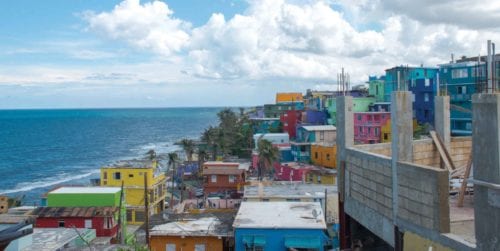
Report | 2019
Growing Risks to the Implementation of Puerto Rico’s Energy Transformation
With deep and lingering damage remaining from the 2017 hurricane season and a troubled electricity sector, Puerto Rico today stands at a crossroads.
Puerto Rico’s new energy policy, Act 17 of 2019, establishes a pathway for increased renewable energy adoption to benefit electricity customers and empowers the regulator to oversee this transition. Recent projects expedited by the Puerto Rico Electric Power Authority (PREPA) and the Public-Private Partnership (P3) Authority of the Puerto Rican government have circumvented established regulatory processes and risk undermining the goals established in the new policy.
The expedited projects happening today in Puerto Rico distort this process and weaken trust in the energy transition’s key institutions, including the regulator. In the absence of trusted institutions providing oversight and transparency, energy projects that maximize public benefits to Puerto Rico will remain unlikely and expensive due to perceived investor risks. Concerted and informed pressure from civil society during the ongoing IRP process and other regulatory topics can help ensure that all electricity sector projects comply with an approved IRP and benefit the public.